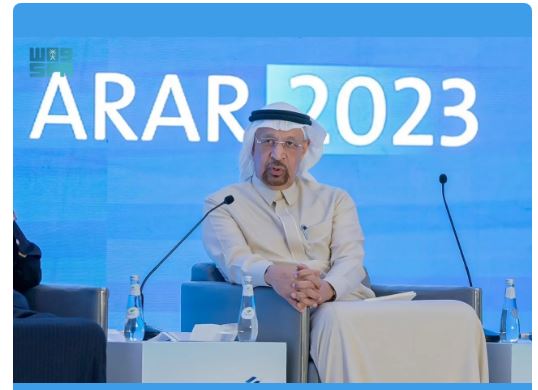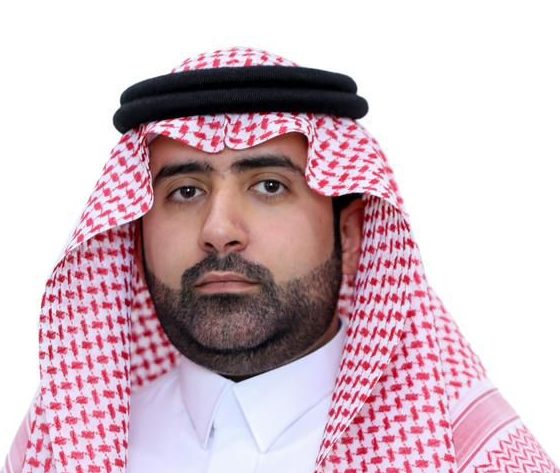Publisher: Maaal International Media Company
License: 465734
Minister Al-Falih: National Investment Strategy, Key Enabler for Achieving Kingdom’s Vision 2030 Objectives
The Minister of Investment, Engineer Khalid bin Abdulaziz Al-Falih, confirmed that the National Investment Strategy is one of the main enablers for achieving the Kingdom’s Vision 2030 objectives, adding that since the launch of the vision, the Kingdom has implemented fundamental reforms in the legislative and regulatory system to make the Kingdom’s economy more competitive and sustainable.
During his participation in the Northern Border Investment Forum in a session themed “Future Investment Directions for the Northern Border Region,” Al-Falih explained that the general goal of the National Investment Strategy is to increase the quality and volume of investments in the Kingdom, which contributes to advancing economic development and diversifying it to achieve the desired goals of the vision. The Minister highlighted 40 executive initiatives offering enticing investment prospects across various sectors and regions within the Kingdom, catering to diverse investor profiles. These initiatives encompass plans to integrate the ‘Invest in Saudi Arabia’ platform with all local investment opportunities, establish special economic zones with favorable regulations, and deliver exceptional services tailored for major strategic investors—both local and international.
Emphasizing the presence of numerous investment openings in competitive sectors, particularly in the northern border region, the Minister pointed out ongoing projects in the area, exceeding SAR 80 billion. Activation of these opportunities is backed by the government’s firm commitment, efficient management, and cohesive coordination among ministries and agencies. Furthermore, he highlighted a new project aimed at doubling the Kingdom’s phosphate production capacity, positioning it as the world’s third-largest phosphate producer. This initiative begins with Waad Al-Shamal and involves the conversion of phosphate into advanced chemical products. Addressing the potential of the northern border region, he underscored its vast capacity for renewable energy production, presenting an opportunity for electricity export to neighboring countries like Iraq and others, promising remarkably low costs.
اقرأ المزيد









